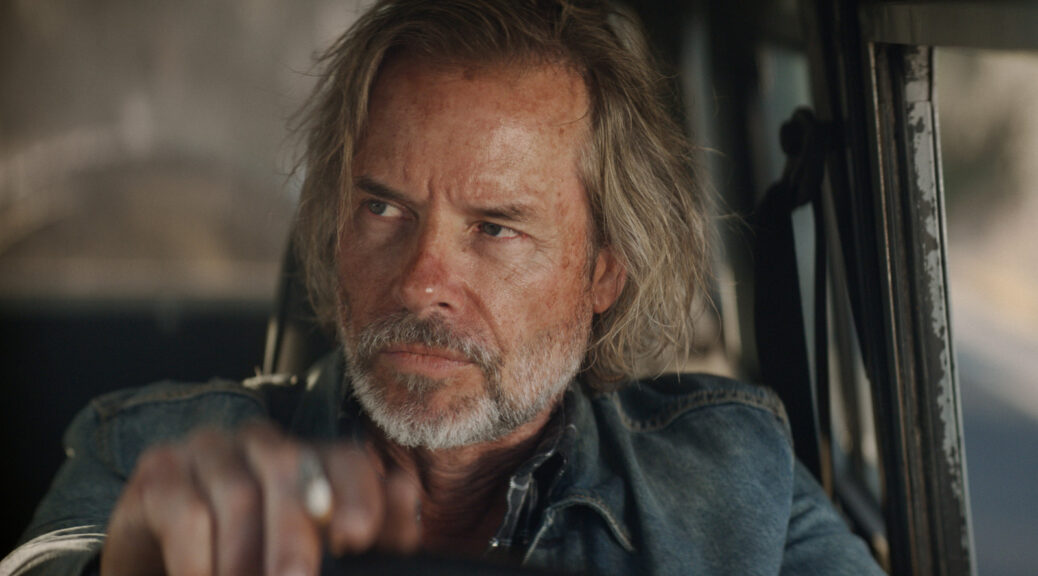Blonde
by Hope Madden and George Wolf
Andrew Dominik felt like an odd choice to bring Joyce Carol Oates’s epic fictionalization of Marilyn Monroe’s life to the screen. His films up to now, though excellent, wouldn’t necessarily suggest an aptitude for a female focused biopic.
Most recently, the filmmaker’s crafted two magnificent documentaries on singer/songwriter Nick Cave. Prior to that, he made two woefully underseen Brad Pitt dramas (Killing Them Softly, The Assassination of Jesse James by the Coward Robert Ford) after his Aussie breakthrough, Chopper. Each of these films is excellent, and each of them is broodingly, tenderly, decidedly masculine.
If Dominik was an unconventional pick, Cuban performer Ana de Armas seemed a downright peculiar choice for the lead role. She’s no doubt beautiful enough to play the legendary stunner, and her work in Knives Out and Hands of Stone have shown her versatility as an actor.
And why not get a little nutty? Monroe’s story has been told more times than Dracula’s – at least seven features and TV movies have been made about Marilyn, and she’s figured prominently in countless other flicks. Can they give us something we haven’t seen?
Yep. They give us nearly 3 hours of NC-17 wallowing.
Dominik’s film, which he adapted himself from the source novel, does little more than fetishize Monroe’s suffering.
De Armas fills the role well enough. Yes, her accent takes you out of scenes from time to time, but that’s not really the trouble with the character. Monroe gets a single opportunity to stand up for herself in two hours and 46 minutes. It’s fun. It’s great to watch the character who’s been abused and misused the entire film finally feel a quick surge of pride.
This one sequence – the one moment of agency given Monroe in the film’s entire running time – becomes the catalyst of her downfall, of course. Prior to this moment, de Armas is asked only to hover on the verge of tears. Nearly every instant after is degradation for a character rendered nearly inhuman by broadly brushed daddy issues and mental instabilities.
While the film’s visual style is often intriguing, Dominik’s aggressive approach feels borrowed. He channels Lars von Trier with wave upon wave of punishment, then recalls Gaspar Noe through extended takes featuring shock-value POVs. And the irony of that NC-17 rating is that it’s not earned the old-fashioned way. The scene that almost certainly drew the most ire from the ratings board does not feature one second of nudity, yet lands as excess most wretched. If it all doesn’t add up to an abuse of de Armas, then it amounts to abuse of an audience.
The point of Blonde seems to be that the almost global objectification of Marilyn Monroe meant an unendurably tragic life and death. To prove the point, Dominik objectifies Marilyn Monroe to a point that is nearly unendurable.













